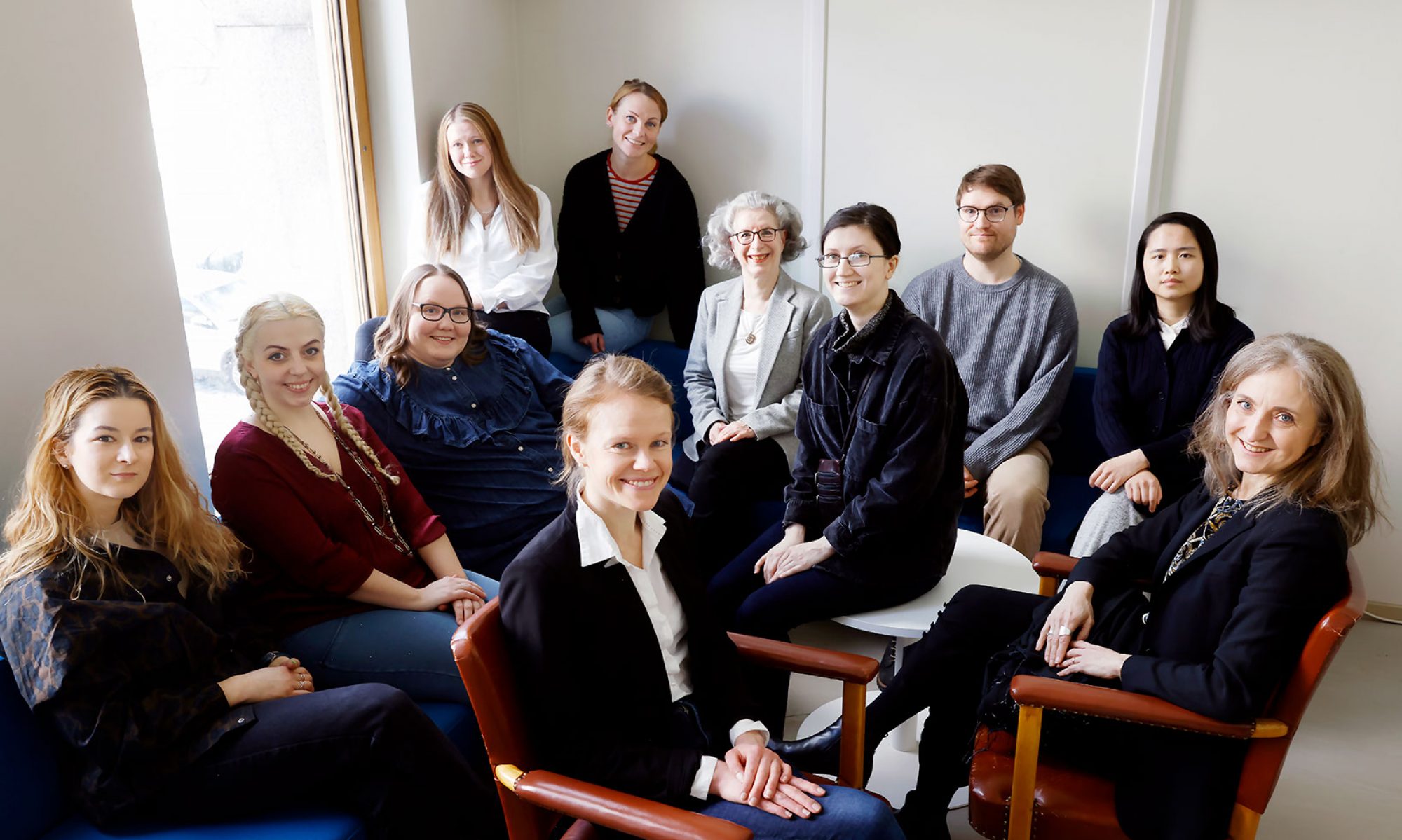The Wise choices –project was carried out by the Centre for Continuing Education and the discipline of Social Psychology at the University of Helsinki and funded by the European Social Fund. The overall aim of the project was to enhance the access of youth to the educational system and encourage young persons to apply for further education after comprehensive school.
As harmonious intergroup relations and positive ethnic attitudes constitute one important condition for the achievement of these goals, a study was conducted on school-based interventions aiming at prejudice-reduction among adolescents, the discipline of Social Psychology being in charge of this part of the project. The aim of these field experiments was to assess and develop scientifically based tools that can help teachers to promote and maintain positive intergroup relations among students from culturally diverse backgrounds. Consequently, in order to develop an intervention that is feasible for independent use in schools, the study assessed in field experiments the effectiveness of the interventions when they were carried out by teachers who had been provided with a teachers’ manual.
On the basis of the field experiments, the teachers’ manual “Tarinoita kaveruudesta” [Stories About Friendships], published for the first time as an end result of the “MONNI – The More Multicultural School” project in 2012, was renewed after further development of the intervention, e.g., by increasing the number of intervention sessions and the activities for enhancing learning during the sessions. The renewed edition of this manual (ISBN 978-951-51-4184-2) was published (in Finnish) on the website of the project, where it can be downloaded for multicultural and intercultural education in schools.
Theoretical background of the intervention
The core of the “Stories about friendships” intervention sessions is based on first-person narratives of intergroup friendship and attitude change told by both majority and minority youth who act as peer models. Through these stories, adolescents observe positive cross-group interaction vicariously without personally engaging in intergroup contact. This form of indirect intergroup contact, namely vicarious contact, follows the principles included in the theory of social learning (Bandura, 1986) by aiming at prejudice-reduction through role models, whose example suggest that ingroup members are positively inclined towards the outgroup, and vice versa.
Results from the Wise Choices -project
To test the effectiveness of the teacher-led “Stories about friendships” intervention sessions, altogether three field experiments were conducted during the years 2015 and 2018 in the municipalities of Lahti and Kotka as well as in the capital area of Finland. The participants were secondary school students in grades 7 and 8 from altogether 23 schools.
As a result of the intervention studies it was noted that the vicarious contact utilized in the intervention was most effective for girls with an all-Finnish background whose attitudes towards those with an immigrant background were negative rather than positive before the intervention (Liebkind, Mäkinen, Jasinskaja-Lahti, Renvik, & Solheim, 2019). The intervention did not affect all the pupils, which can be a result of the fact that the adolescents’ ethnic attitudes were on average rather positive at the outset. From the point of view of the intervention, however, it is most important to be able to influence those whose attitudes can still become more positive and who thus benefit most from the intervention.
From the minority adolescents’ perspective, the intervention had a positive effect on how pupils with an immigrant background experience what Finnish people think of people with an immigrant background (Mäkinen, Liebkind, Jasinskaja-Lahti, 2019). This can influence the future willingness of these youths to encounter members of the national majority group and thus have an effect on their intergroup attitudes, for example, by leading to the formation of new outgroup friendships at a later stage after the intervention
Future directions
After the end of the project in March 2018, the research on the topic will continue with an international comparative study in a collaboration with Loris Vezzali (University of Modena and Reggio Emilia, Italy) and Barbara Lasticova (Slovak Academy of Sciences, Slovakia). The aim of the international research collaboration is to explore the effects of a vicarious contact intervention exerted by the specific national setting in which it is implemented, namely Finland, Italy and Slovakia, countries that differ regarding the average proportion of foreign-language speakers in the country.
Publications
Mäkinen, V., Liebkind, K., Jasinskaja-Lahti, I., & Renvik, T. A. (2019). A teacher-led vicarious contact intervention in culturally mixed classrooms with in- and outgroup role models of intergroup friendship. Journal of School Psychology, 75, 27–40.
Liebkind, K., Mäkinen, V., Jasinskaja-Lahti, I., Renvik, T. A., & Solheim, E. F. (2019). Improving Outgroup Attitudes in Schools: First Steps Toward a Teacher-Led Vicarious Contact Intervention. Scandinavian Journal of Psychology, 60, 77–86.
